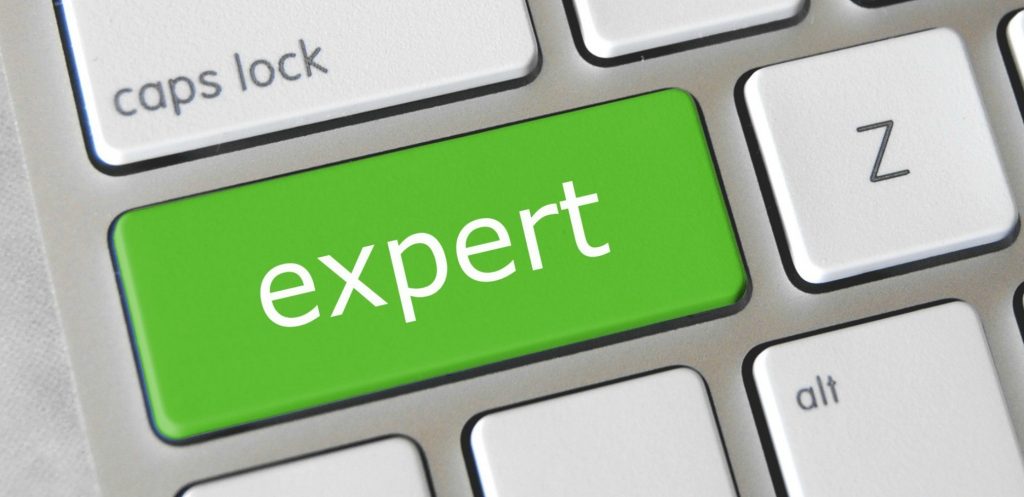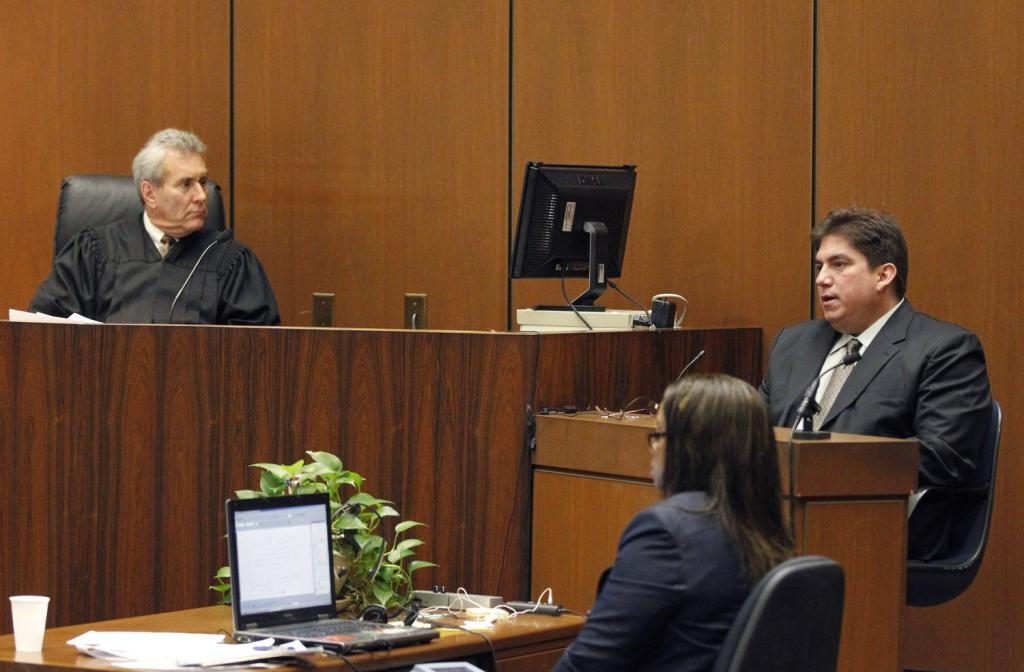Federal Rule of Evidence 702 states: “If scientific, technical, or other specialized knowledge will assist the trier of fact to understand the evidence or to determine a fact in issue, a witness qualified as an expert by knowledge, skill, experience, training, or education, may testify thereto in the form of an opinion or otherwise.”[1] At PsychLaw.net we remember that because it carries such an “aura of infallibility,” [2] scientific testimony can create difficult problems for our courts. Summarizing the literature, one respected commentator has written: “[t]here is virtual unanimity among courts and commentators that evidence perceived by jurors to be ‘scientific’ in nature will have particularly, persuasive effect.”[3] Continue reading “Who Qualifies as An Expert?”
Blog
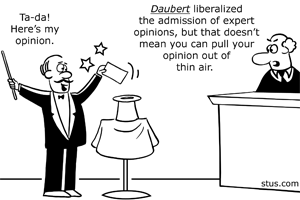
DAUBERT HEARINGS
Federal Rule of Evidence 104(a) provides that preliminary questions concerning the qualification of a person to be a witness, or the admissibility of evidence, shall be determined by the court. Federal Rule of Evidence 104 (c) provides in part that hearings on preliminary matters may be conducted when the interests of justice require. FRE 104 (a) authorizes a court to hold an evidentiary hearing to make a preliminary determination that the expert is properly qualified, and that the expert’s underlying reasoning or methodology is scientifically valid and properly can be applied to the facts of the case.[1] In the exercise of its gatekeeping function, the Daubert Court held that a trial court must undertake a preliminary determination of whether the methodology of the expert’s proposed testimony is scientifically reliable. Continue reading “DAUBERT HEARINGS”
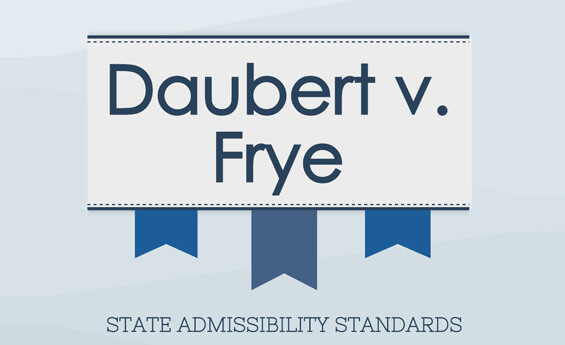
The Move Toward “Validity” and “Reliability” in the Courts
After seventy years of service, Frye v United States, 54 US App D C 46, 293 F 1013 (1923) and the “generally accepted in the scientific community” analysis for admissibility of scientific testimony, began to create some silly results. At PsychLaw.net we know that as recently as the early 1990’s, attorneys and “experts” too often succeeded in manipulating the “general acceptance” admissibility rules. As a result, all sorts of “science” began to find its way into the courts. Continue reading “The Move Toward “Validity” and “Reliability” in the Courts”
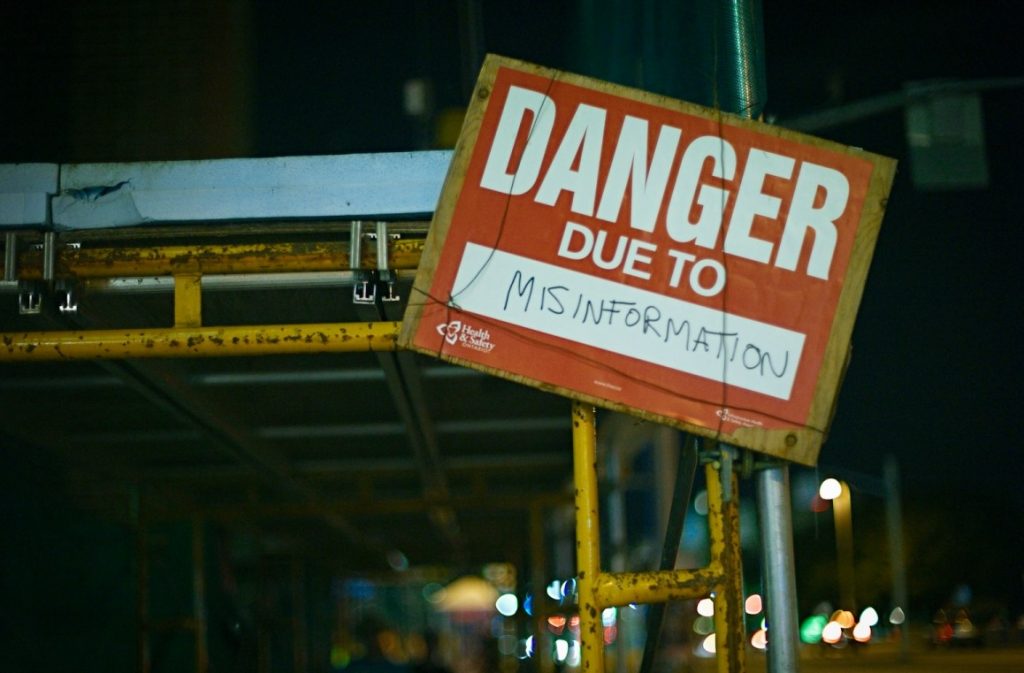
Psychologists in Pursuit of Market Share
What accounts for astounding frequency with which mental health professionals betray our courts with misinformation premised on ill-conceived theories? At PsychLaw.net we consider, for example, the direction taken by practicing psychologists over the past 20 years. Beginning in the late 1970’s, the number of independently practicing psychologists belonging to the American Psychological Association (APA) grew at an exponential rate. These practitioners demanded that APA respond to issues such as insurance reimbursement, hospital privileges, and the wholesale promotion of psychological services. Continue reading “Psychologists in Pursuit of Market Share”

